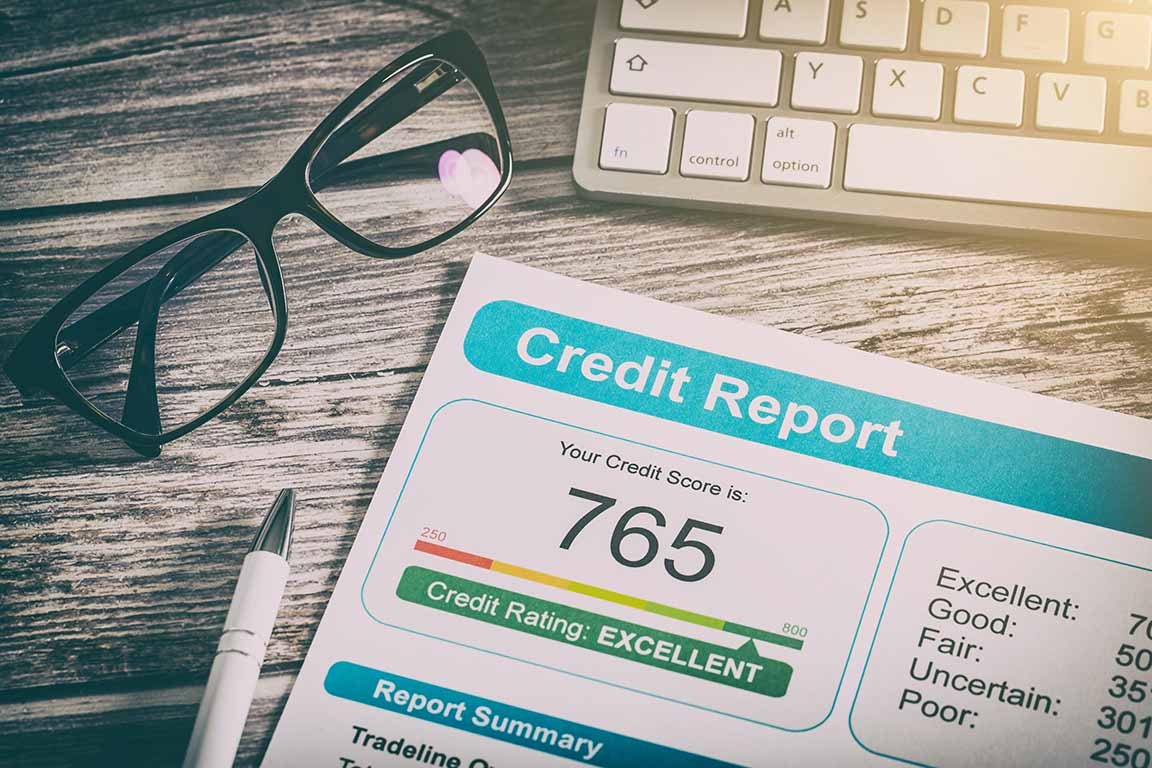From Bad Credit to Homeownership: Ten Ways to Improve Your Financial Health

An Urban Institute study reported that over 50% of renters have a credit score of 650, which is barely enough to qualify for a conventional mortgage. While bad credit mortgages are available for folks with a 650 or lower credit score, borrowers should expect to have higher interest rates and to pay more money in the long term. An alternative path for people with a poor credit score is to consider a rent to own home. While renting, people with poor credit scores have time to improve their credit score and enjoy the benefits of living in the home of their choice. Here are some tips to boost your credit score which can help improve your overall financial situation and better prepared to qualify for a good mortgage.
How to Improve Your Credit Score
If you have a bad credit score, you’re not alone. Many people struggle with credit issues, but the good news is that there are steps you can take to improve your credit over time. The following are recommended methods to improve your credit score by impact and ease to implement:
| Rank | Method | Impact on Credit Score | Ease to Implement |
|---|---|---|---|
| 1 | Pay bills on time | High | Easy |
| 2 | Reduce credit utilization | High | Moderate |
| 3 | Become an authorized user on someone else’s card | Moderate | Easy to Moderate |
| 4 | Open a secured credit card | Moderate | Easy |
| 5 | Keep old accounts open | Moderate | Easy |
| 6 | Limit credit applications | Moderate | Easy |
| 7 | Pay off debt | Moderate | Moderate to Difficult |
| 8 | Mix up credit types | Low | Easy |
| 9 | Check credit report for errors | Low to Moderate | Moderate |
| 10 | Work with a credit counselor | Low to Moderate | Moderate to Difficult |
Note: The above recommendations are subjective and may vary depending on individual circumstances. For example, if someone has a high credit utilization rate, reducing their credit utilization may have a greater impact on their credit score than paying bills on time. Additionally, some methods may be easier or harder to implement depending on personal factors such as financial situation and access to credit.
1. Pay your bills on time.
Your payment history is crucial in determining your credit score. It accounts for 35% of your credit score, making it the most significant factor. To improve your credit score over time, it’s essential to make timely payments consistently. Late or missed payments can negatively impact your score. To avoid this, set up automatic payments or reminders to ensure you don’t miss any payments.
2. Reduce your credit utilization.
Credit utilization is another important factor in your credit score, accounting for 30% of it. This ratio compares the amount of credit you use to your credit limit. Keeping your credit utilization under 30% is ideal, but less than 10% is even better. For instance, if you have a credit limit of $10,000, aim to keep your total balance under $1,000. A lower credit utilization demonstrates responsible credit usage to lenders, improving your creditworthiness.

3. Become an authorized user on someone else’s credit card.
If the primary cardholder has a positive credit history and uses their card responsibly, being added as an authorized user can improve your credit score. This is because their credit history, including payment history and credit utilization, will be added to your report, potentially lengthening your credit history and lowering your credit utilization. However, if you or the primary card holder use the card irresponsibly, then it could negatively impact both of your credit scores. It is important to communicate expectations and responsibilities up front, especially with making timely payments.
4. Open a secured credit card.
If you have limited or no credit history, then a secured credit card can be a helpful option, especially if you have trouble getting approved for a traditional credit card. By making a deposit that becomes your credit limit, a secured credit card can help establish a credit history. Using a secured credit card responsibly and making on-time payments can demonstrate to credit reporting agencies that you are a responsible borrower, improve your credit utilization rate, and potentially qualify you for a traditional unsecured credit card in the future. This can further improve your credit score over time.
5. Keep old accounts open.
Generally, a longer credit history demonstrates that you have experience managing credit and are less of a risk to lenders. In addition, keeping old credit accounts open can help lower your credit utilization ratio (the amount of credit you use compared to your credit limit). Vice versa, closing old credit accounts can negatively impact your credit utilization ratio.
6. Limited credit applications.
When you apply for new credit, lenders pull your credit report, resulting in a hard inquiry that can lower your credit score temporarily. Frequent hard inquiries can indicate financial struggles or a higher risk. To avoid negative impacts, limit applications and only apply for products that you need and can manage. Doing so reduces the number of hard inquiries on your report and prevents taking on more debt than you can handle. Limiting applications helps maintain a positive credit history, leading to better scores over time.
7. Paying off debt
Paying off debt can improve your credit score in a few ways. It reduces your credit utilization ratio, which is the amount of credit you’re using compared to your credit limit. In addition, paying off debt shows that you’re responsible with your finances and can make payments on time. Moreover, paying off debt can reduce the negative information on your credit report, such as late payments or collections. Negative information can stay on your credit report for up to seven years and can lower your credit score. Therefore, paying off debt can help remove or reduce these negative marks on your report.

8. Mix up credit types
Having a mix of credit types, such as revolving credit (i.e. credit cards) and installment loans (i.e. car loans, student loans), can help improve your credit score. This is because credit scoring models typically like to see that you can handle different types of credit responsibly. However, it is important to note that the impact of credit mix on your credit score is relatively minor compared to other factors such as payment history and credit utilization. So, it’s not necessary to go out and obtain different types of credit if you don’t need them. Instead, focus on maintaining good credit habits and managing your existing credit responsibly.
9. Check your credit report for errors.
Your credit report contains information about your credit history, including your payment history, credit utilization, and account balances. It’s important to check your credit report for errors and dispute any inaccuracies that you find. This can help improve your credit score by removing negative information that may be dragging it down.
To check your credit report and score for free, you can use websites such as Credit Karma, Credit Sesame, or AnnualCreditReport.com. These sites provide access to your credit report and score from one or more of the three major credit bureaus, Equifax, Experian, and TransUnion.
10. Work with a credit counselor.
Working with a credit counselor can help improve credit score by creating a budget, reducing debt load, negotiating lower interest rates, and correcting errors on credit reports. This can improve credit utilization ratio and payment history, while removing negative information. The National Foundation for Credit Counseling (NFCC) provides low cost credit and debit counseling services to consumers across the United States. By working with a credit counselor, people can get the tools and support needed to build a stronger financial future.
Improving your credit score takes time, but by following these tips, you may start to see results in as little as a few months. Keep in mind that building good credit habits is essential for improving your financial security and obtaining a mortgage with a good interest rate. Stay on top of your bills, keep your credit utilization low, and use credit responsibly to help improve your credit score over time.




